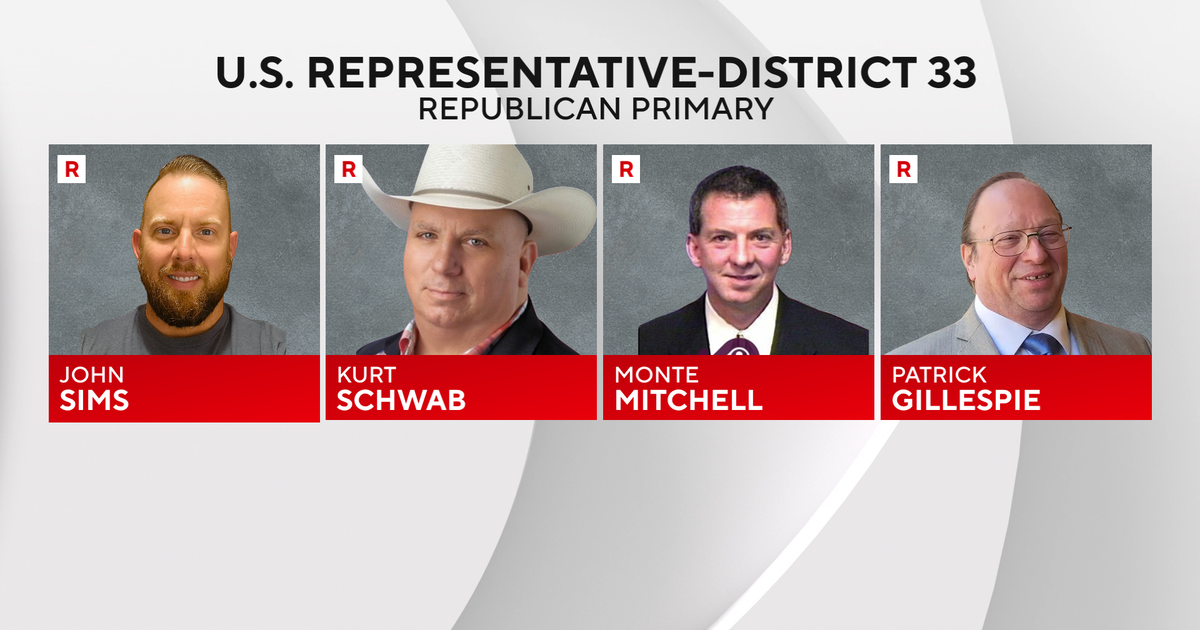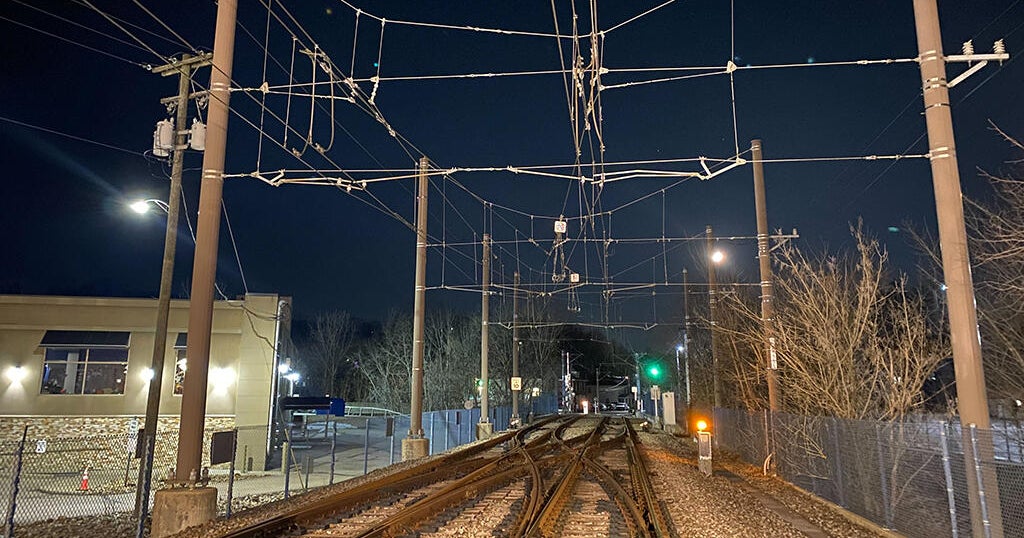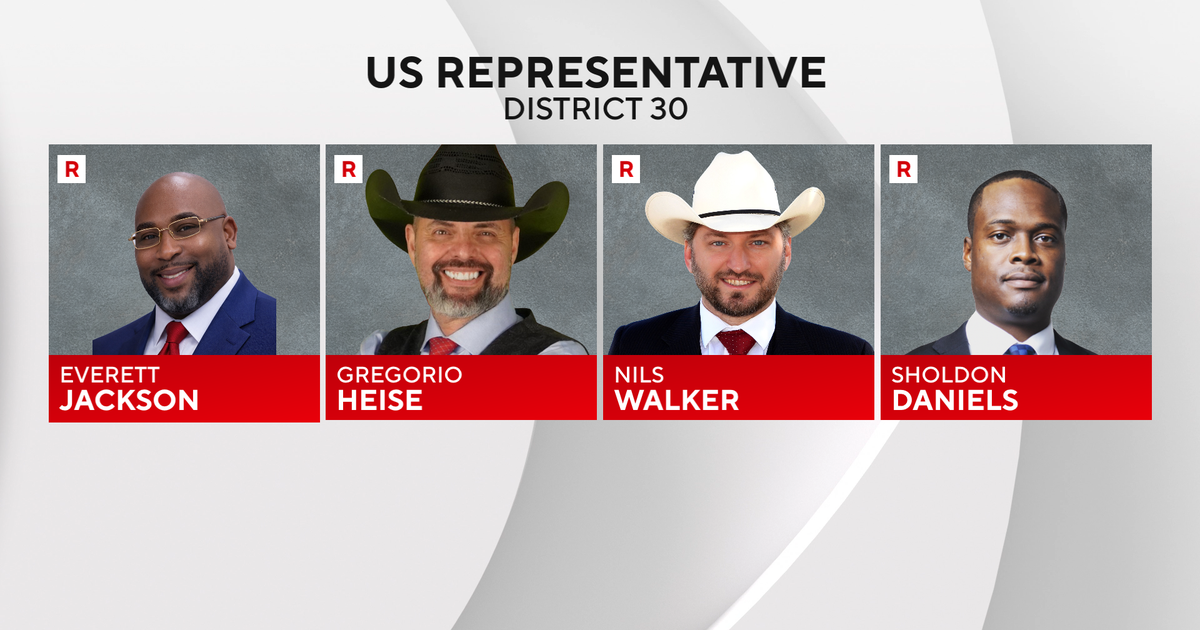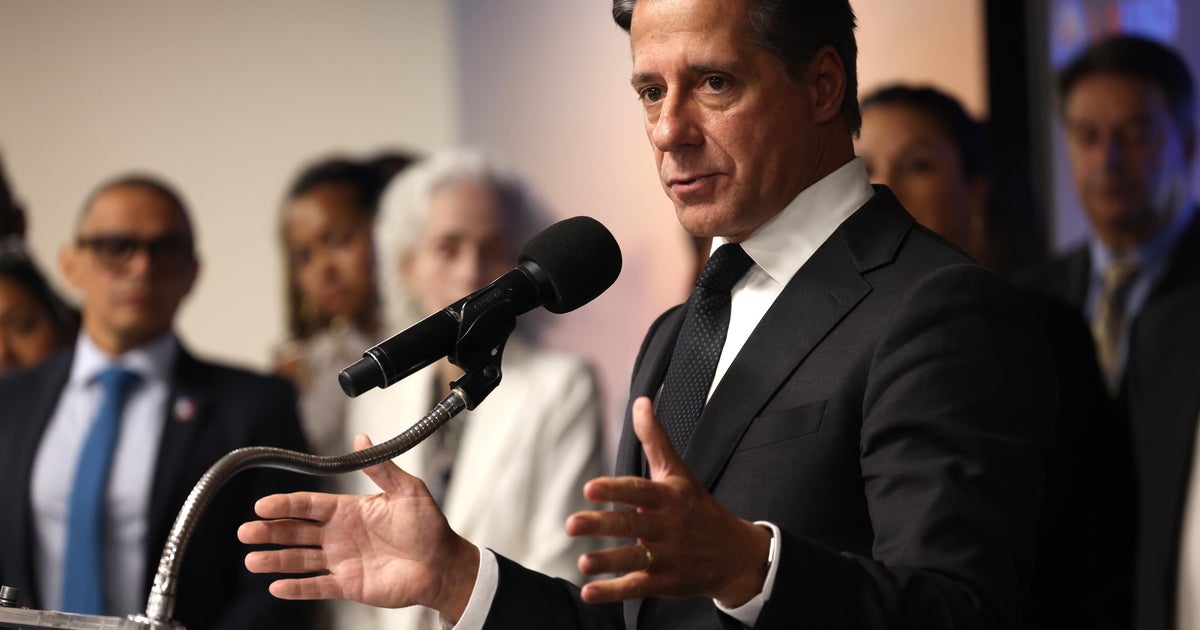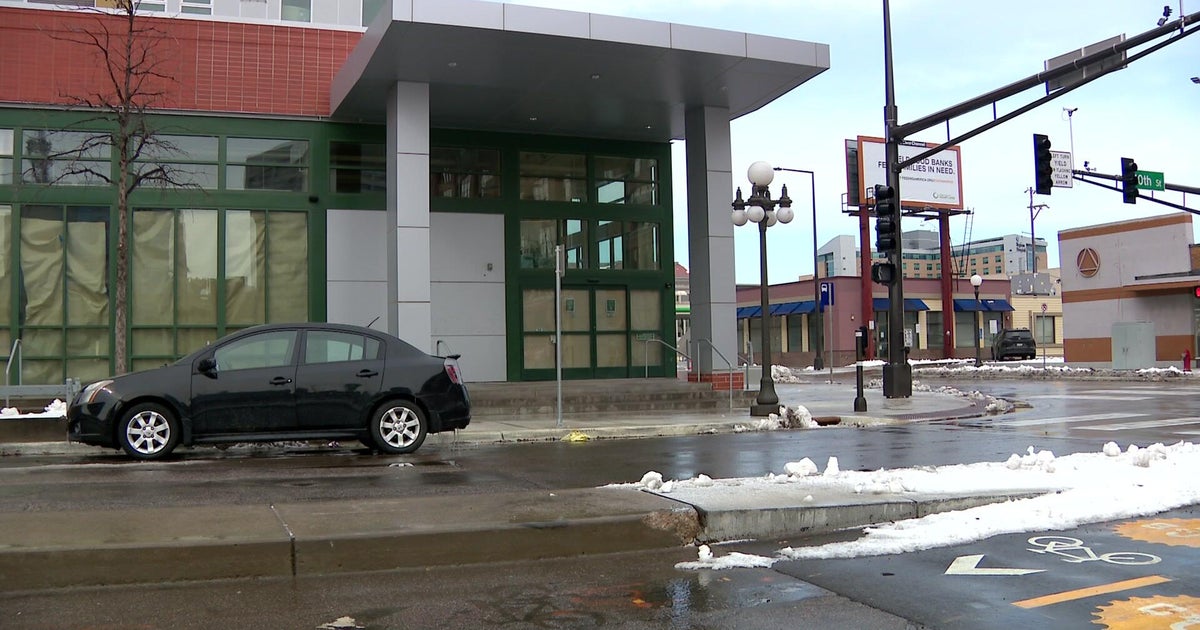Bold Promises, But Thin Agenda So Far For Ryan-Led House
Follow CBSDFW.COM: Facebook | Twitter
WASHINGTON (AP) — House Speaker Paul Ryan promises a bold, election-year agenda of replacing the health care law and fighting poverty. Until then, it's the BRICK Act.
While GOP task forces are talking about national security, jobs and health care, the House floor has largely been turned over to the obscure and the arcane. Instead of wrapping up a typical day's work at suppertime, early afternoon getaways are often the norm. And it could remain that way for much of the year.
This week is typical.
Monday was reserved for non-controversial bills like a measure to renew authorization of the Federal Emergency Management Agency. Tuesday was largely devoted to naming post offices. Wednesday's legislation, passed 406-0, sought to ensure health care providers terminated from a state's Medicaid and children's health insurance programs can't keep doing business in other states.
Then, on Thursday, after a debate to delay new Environmental Protection Agency rules for brick makers — that's the Blocking Regulatory Interference from Closing Kilns, or BRICK Act — the House will exit Washington by early afternoon for a week's vacation.
"There's not a single priority issue," said No. 2 House Democrat Steny Hoyer of Maryland, citing issues absent from the floor such as renewal of federal aviation programs, financial relief for Puerto Rico, aid to Flint, Michigan as it grapples with tainted drinking water and funds to combat the Zika virus. "That is a substantial dereliction of duty."
The light schedule is due in part to a battle over spending that has stalled the budget, which GOP leaders had hoped to consider this week. There is also disagreement over a Federal Aviation Administration reauthorization bill. Those measures could bring more heft to the floor schedule this spring, along with upcoming legislation to combat heroin and opioid abuse and reform the criminal justice system.
Last year, GOP leaders filled the floor with initiatives taking on President Barack Obama.
"Last year there was an enormous amount of energy expended doing nothing, but it takes effort to have shutdown votes or defund Planned Parenthood, knowing it'll go nowhere. But I'll give credit to the Republican leadership: They put energy into getting nothing done," said Rep. Peter Welch, D-Vt. "This year, there's not even an effort to fake it. We're just not doing anything."
Well, the House is in fact passing some legislation. It's just that most of it is not very important. There was a bill to require the White House to re-bundle information about the national debt. On Monday, the House voted to scrub outdated and offensive terms like "negro" and "oriental" from a 1976 statute.
On Tuesday, Majority Leader Kevin McCarthy, R-Calif., who sets the floor schedule, praised the Medicaid measure for stopping fraud and abuse, and Whip Steve Scalise, R-La., said the measure protects taxpayers. "This will save millions of dollars for taxpayers who are tired of seeing their money, their taxpayer dollars being wasted in Washington," Scalise said.
A spokesman for McCarthy cited a number of other bills — on new sanctions on North Korea, and holding Veterans Administration bureaucrats more accountable for agency missteps, among others — as evidence the House has been keeping busy.
But for now, the floor schedule is remarkably thin. One of last week's marquee items was a bill called the Fraudulent Joinder Prevention Act, dealing with whether lawsuits belong in state or federal courts. Another was an amalgam of provisions billed as boosting the rights of sportsmen, including allowing the importation of about 40 banned polar bear hides and heads from Canada and making sure the government doesn't restrict lead content in ammunition.
In the Senate, where most legislation crawls along even if it's got sweeping bipartisan support, it's easier to stretch out a thin floor schedule. That's been the case with a still-unfinished energy bill that occupied much of February.
Meanwhile, the trouble in putting together a GOP budget resolution could mean that the floor agenda remains light. While debate on the budget resolution — a nonbinding measure setting out tax and spending goals for the upcoming decade — usually only takes a couple of days or so, passage of the measure clears the way for action on follow-up spending bills.
These appropriations bills typically occupy the House for weeks in late spring and into the summer and if they're not available later in the year to occupy lawmakers, the early afternoon adjournments and long weekends could multiply.
The House is only slated to work more than 100 days this year, a schedule truncated in part because the national political parties are holding their conventions in July.
(© Copyright 2016 The Associated Press. All Rights Reserved. This material may not be published, broadcast, rewritten or redistributed.)
